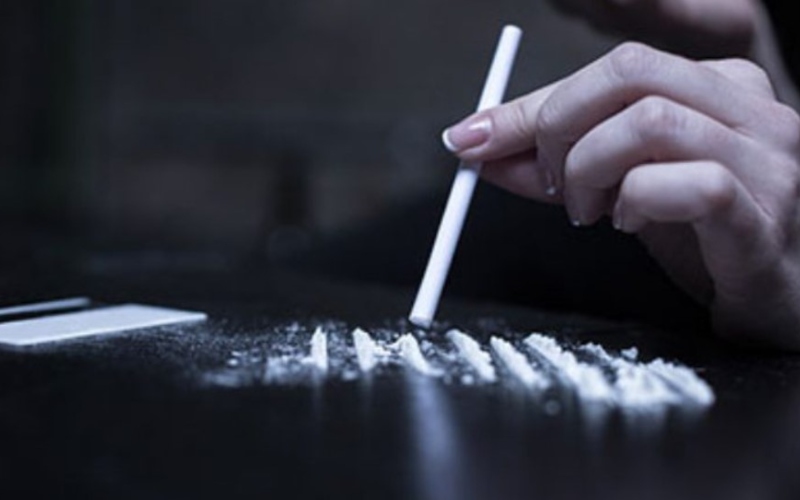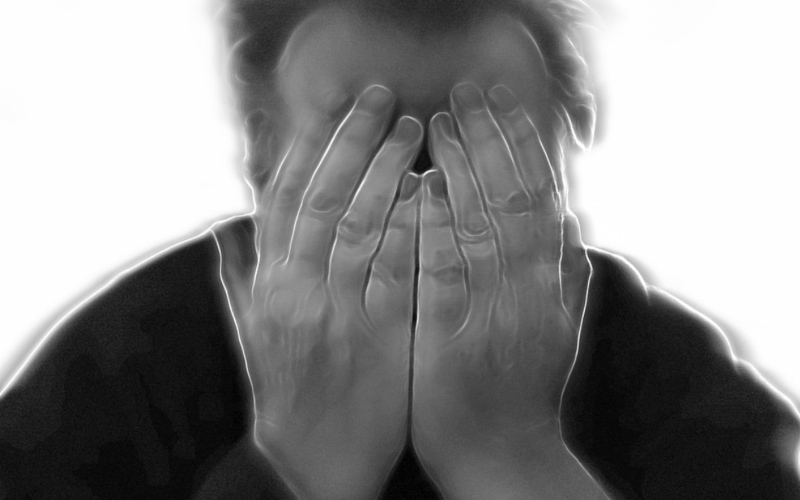
Created by - Mano Shakti
What is Psychosis?Psychosis is a condition that affects the way your brain processes information. It causes you to lose touch with reality. You might see, hear, or believe things that aren’t real. Psychosis is a symptom, not an illness. It can be triggered by a mental illness, a physical injury or illness, substance abuse, or extreme stress or trauma.Psychotic disorders, like schizophrenia, involve psychosis that usually affects you for the first time in the late teen years or early adulthood. Young people are especially likely to get it, but doctors don’t know why. Even before what doctors call the first episode of psychosis (FEP), you may show slight changes in the way you act or think. This is called the prodromal period and could last days, weeks, months, or even years.Symptoms of Psychosis:A drop in grades or job performance, Trouble thinking clearly or concentratingSuspiciousness or unease around others, Lack of self-care or hygieneSpending more time alone than usual, Stronger emotions than situations call for, No emotions at allHear, see, or taste things others don’tHang on to unusual beliefs or thoughts, no matter what others say
More detailsPublished - Tue, 11 Apr 2023

Created by - Mano Shakti
What is Inattention?You might not notice it until a child goes to school. In adults, it may be easier to notice at work or in social situations.The person might procrastinate, not complete tasks like homework or chores, or frequently move from one uncompleted activity to another.They might also:Be disorganized, Lack focusHave a hard time paying attention to details and a tendency to make careless mistakes. Their work might be messy and seem careless.Have trouble staying on topic while talking, not listening to others, and not following social rulesBe forgetful about daily activities (for example, missing appointments, forgetting to bring lunch)Be easily distracted by things like trivial noises or events that are usually ignored by others.
More detailsPublished - Tue, 11 Apr 2023

Created by - Mano Shakti
What is Impulsivity?Impulsivity can lead to accidents, like knocking over objects or banging into people. Children with ADHD may also do risky things without stopping to think about the consequences. For instance, they may climb and put themselves in danger.Many of these symptoms happen from time to time in all youngsters. But in children with the disorder they happen a lot -- at home and school, or when visiting with friends. They also mess with the child's ability to function like other children who are the same age or developmental level.Symptoms of this include and The person might:ImpatienceHaving a hard time waiting to talk or reactHave a hard time waiting for their turn.Blurt out answers before someone finishes asking them a question.Frequently interrupt or intrude on others. This often happens so much that it causes problems in social or work settings. Friends might get mad at them or get their feelings hurt because they may act without thinking.
More detailsPublished - Tue, 11 Apr 2023

Created by - Mano Shakti
What is Hyperactivity?It may vary with age. You might be able to notice it in preschoolers. ADHD symptoms nearly always show up before middle school.Toddlers and preschoolers with ADHD tend to be constantly in motion, jumping on furniture and having trouble participating in group activities that call for them to sit still. For instance, they may have a hard time listening to a story. School-age children have similar habits, but you may notice those less often. They are unable to stay seated, squirm a lot, fidget, or talk a lot.Kids with hyperactivity may:Fidget and squirm when seatedGet up frequently to walk or run aroundRun or climb a lot when it's not appropriate. (In teens, this may seem like restlessness.)Have trouble playing quietly or doing quiet hobbiesAlways be "on the go"
More detailsPublished - Tue, 11 Apr 2023

Created by - Mano Shakti
What is Drug Addiction?Addiction—to prescription and street drugs and alcohol —is a serious problem. If you’re worried that you or a loved one may have an addiction,There are signs to help you know.Signs you may have a drug problem:You keep taking a drug after it's no longer needed for a health problem.You need more and more of a substance to get the same effects (called "tolerance"), and you can take more before you feel an effect.You feel strange when the drug wears off. You may be shaky, depressed, sick to your stomach, sweat, or have headaches. You may also be tired or not hungry. In severe cases, you could even be confused, have seizures, or run a fever.You can't stop yourself from using the drug, even if you want to. You are still using it even though it's making bad things happen in your life, like trouble with friends, family, work, or the law.You spend a lot of your time thinking about the drug: how to get more, when you'll take it, how good you feel, or how bad you feel afterward.
More detailsPublished - Tue, 11 Apr 2023

Created by - Mano Shakti
What is Depression?A constant sense of hopelessness and despair is a sign you may have major depression, also known as clinical depression. With major depression, it may be difficult to work, study, sleep, eat, and enjoy friends and activities. Some people have clinical depression only once in their life, while others have it several times in a lifetime.Major depression can sometimes occur from one generation to the next in families, but often it may affect people with no family history of the illness.Key Symptoms of Depression are:-Fatigue or loss of energy almost every dayFeelings of worthlessness or guilt almost every dayImpaired concentration, indecisivenessInsomnia or hypersomnia (excessive sleeping) almost every dayMarkedly diminished interest or pleasure in almost all activities nearly every day (called anhedonia, this symptom can be indicated by reports from significant others)
More detailsPublished - Tue, 11 Apr 2023

Tue, 11 Apr 2023

Tue, 11 Apr 2023

Tue, 11 Apr 2023
Write a public review